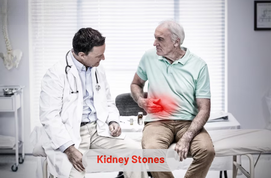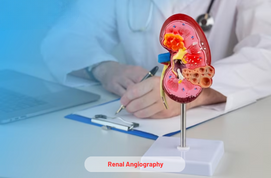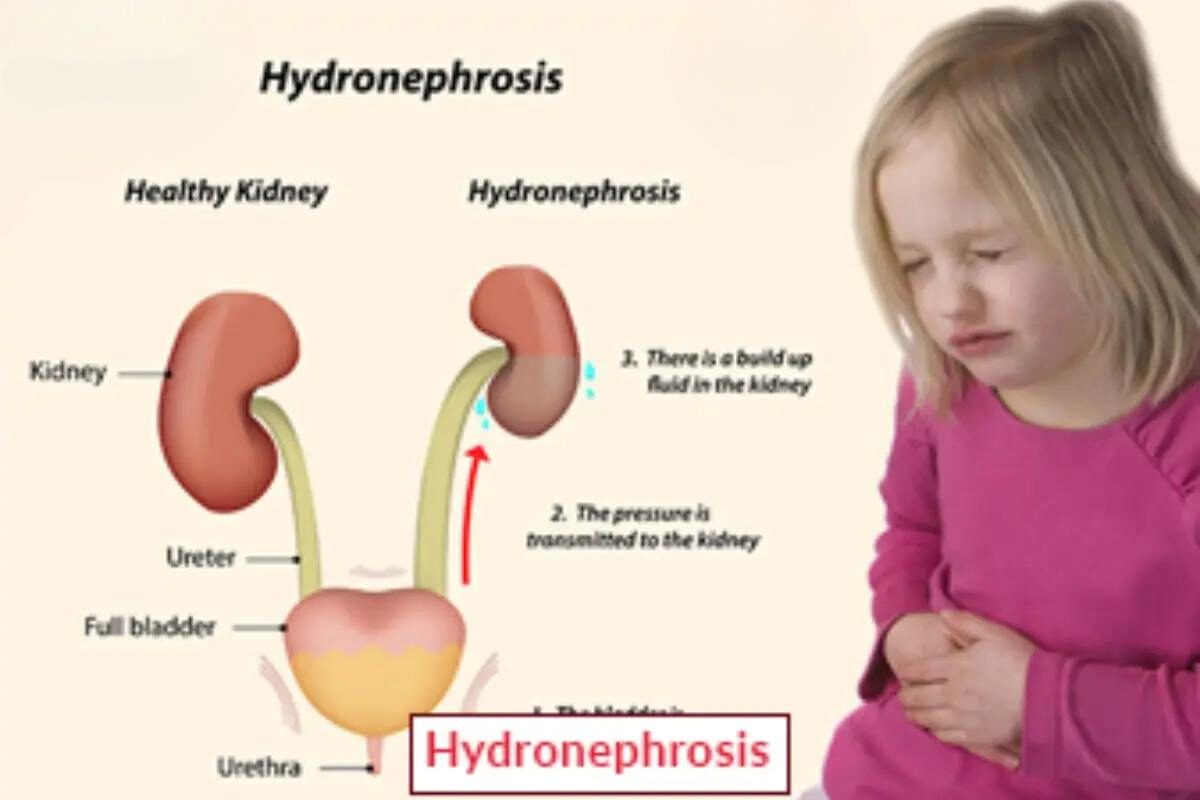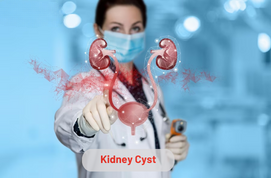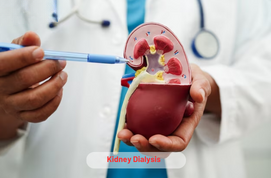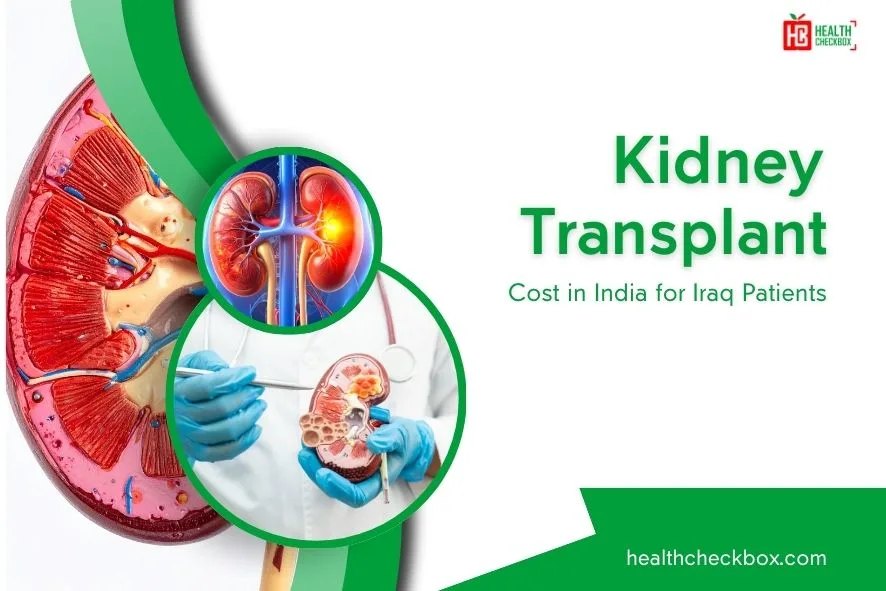Kidney stones forms of substances that are formed by minerals and salts. It looks like pebbles that are found in one or both kidneys. Mostly it occurs when the concentration of specific minerals are found in the urine, then these stones are formed.
There are various types of stones, and some cause severe pain while others do not. It is quite common that many people in the world are experiencing kidney stones. It may be due to an unhealthy lifestyle that can lead to kidney stone problems. Hence, many people are looking for its non-surgical and surgical treatment options.
Types of Kidney Stones
It is classified on basis of its size, color, and shape, and these are as follows:
- Struvite Stones: It is caused by urinary tract infection.
- Calcium Stones: It is a common type of stone.
- Uric Acid Stones: In this type a huge amount of acid in the urine.
Symptoms of Kidney Stones
Most of the time kidney stones pass out from the urine. However, it may get stuck and cause severe pain. Its most common symptoms are as follows:
- Extreme wave of pain in the back, side and lower abdomen and groin
- Vomiting
- Fever
- Burning sensation while passing urine
- Chills
- Difficulty in passing urine
- Frequent urge to pee
- Blood in urine
- Foul-smelling pee
Causes of Kidney Stones
The reason for kidney stones is the presence of the following substances in high levels in the urine.
- Oxalate
- Phosphorous
- Calcium
When these minerals are accumulated in your pee, they form hard stones in the kidney. At low levels, these do not cause any harm.
Other causes are as follows:
- Don’t drink enough amount of water and other fluids
- Consuming too much salt or sugar
- Do not pee when urge to
- Have extra amount of calcium
- Taking calcium-based medicines
- Have a previous history of kidney stones
Diagnosis of Kidney Stones Treatment
After determining your symptoms, your doctor will run some medical tests with a physical examination.
- Imaging test: A doctor runs ultrasound, CT scans, and X-rays to get the location, size, and number of stones.
- Blood test: There are some blood tests that are helpful to detect infection, level of calcium, and kidney function.
- Urine test: It is a common test that is done to check the formation of crystals, blood in the urine, and any signs of infection.
Treatments for Kidney Stones
Its treatment depends on its size, type, location, and if it is causing severe pain. Small stones may pass out on their own, however, large stones require some treatment.
- Medicines: There are some medications that are given to reduce pain and infection. These drugs are given to:
- Manage vomiting and nausea.
- When small stones pass then it can be painful. So, your healthcare provider will recommend over-the-counter medicines to manage pain.
- When stones get passed then it causes pain in your ureter. A doctor will prescribe medicines to the patient to relax the ureter.
- Ureteroscopy: It is a less invasive surgery that is done to check the upper urinary tract. In this process, a small instrument, telescope which is passed through the bladder and urethra. This is done to know the precise location of the stone. It is done by giving anesthesia.
- Percutaneous Nephrolithotomy: In this process, stones are removed by making a small puncture through the wound. PCNL is mainly performed to extract stones that are present in upper ureter or kidney. It is done when other treatments are not effective.
- Laparoscopic Surgery: In the laparoscopic surgery, stones are removed by making a small cut in the skin of the back by a surgeon. Depending on the size of the stones, a large cut can be made.
- Shockwave Lithotripsy: As its name suggests, stones break apart by using shock waves. This treatment breaks these stones into small pieces. Then they easily pass through the urinary tract. It takes some time to move out from your body.
Do Kidney Stones Recur?
Yes, most individuals who have the following habits:
- Not physically active
- Family history of kidney stones
- Have low-fibre diet
- Do not drink enough amount of water
- Urinary tract infection
Latest Health Tips
Kidney Transplant Cost in India for Qatar Patients
Kidney Transplant Cost in India for Bangladesh Patients
Kidney Transplant Cost in India for Oman Patients
Kidney Transplant Cost in India for Kuwait Patients
Kidney Transplant Cost in India for Iraq Patients
Kidney Transplant Cost in India for Bahrain Patients
Kidney Transplant Cost in Fortis Hospital Gurgaon
Top 10 Best Kidney Doctors in India
Submit Your Enquiry
Testimonials








